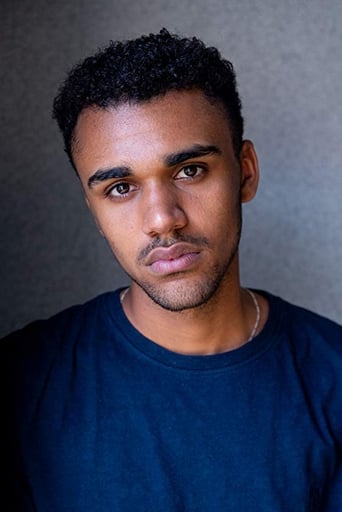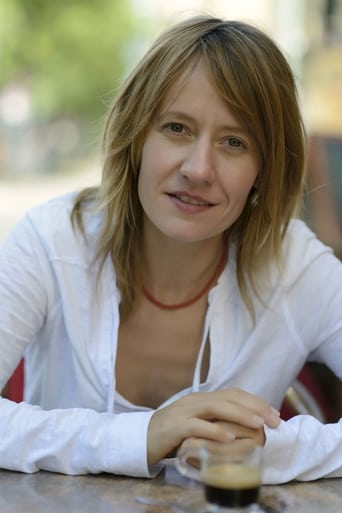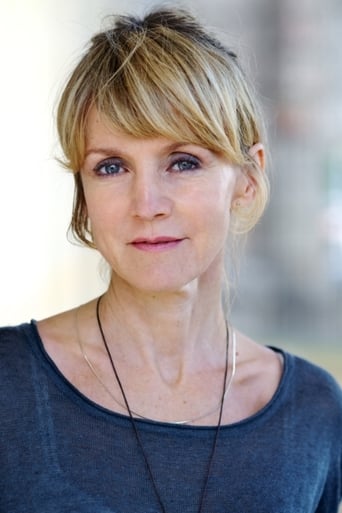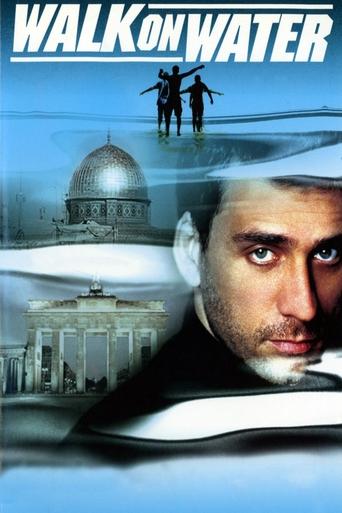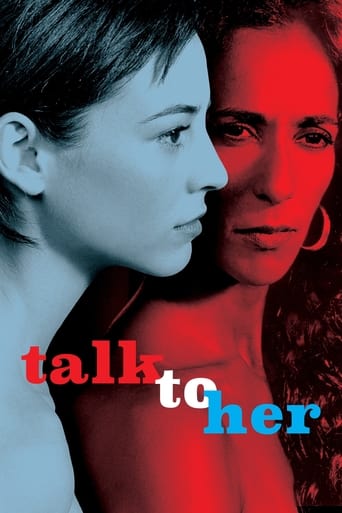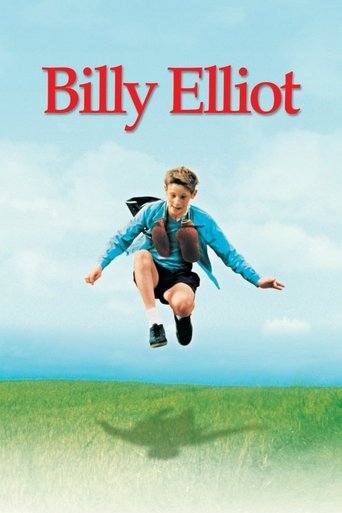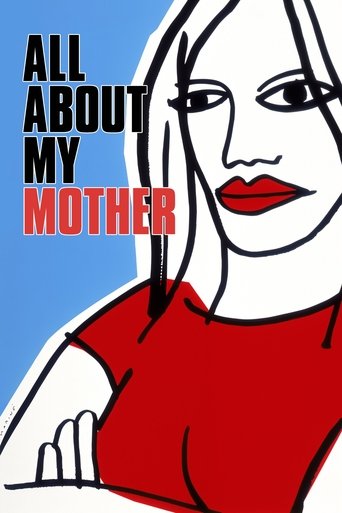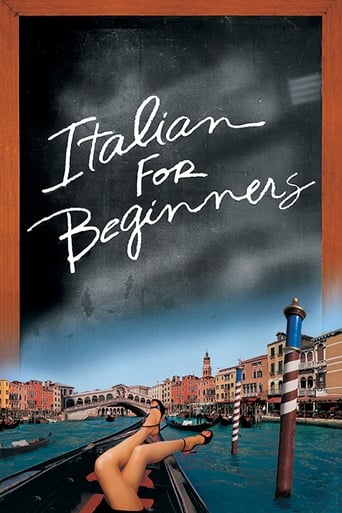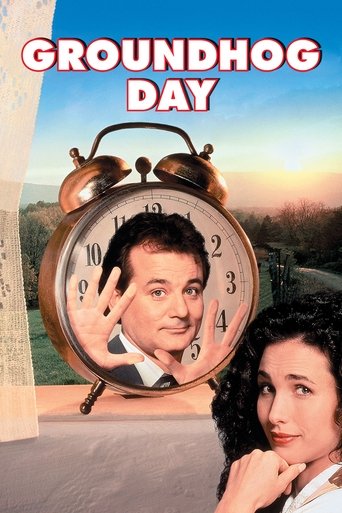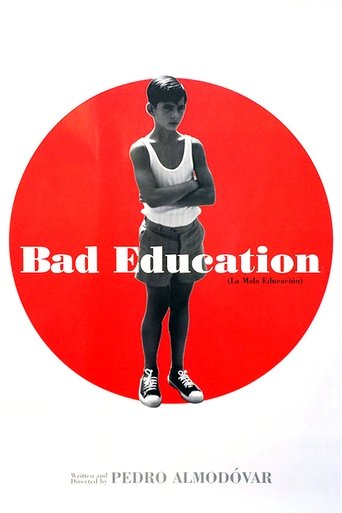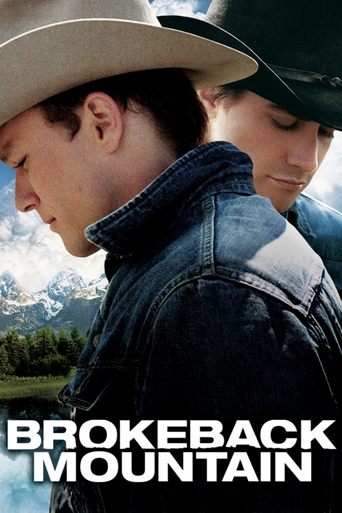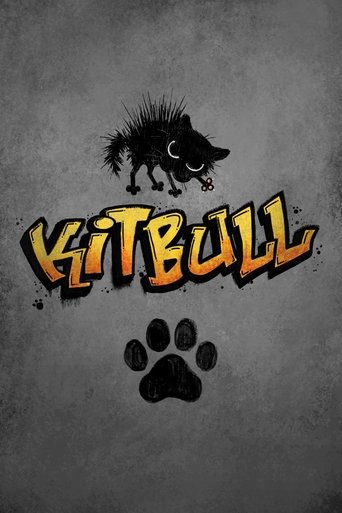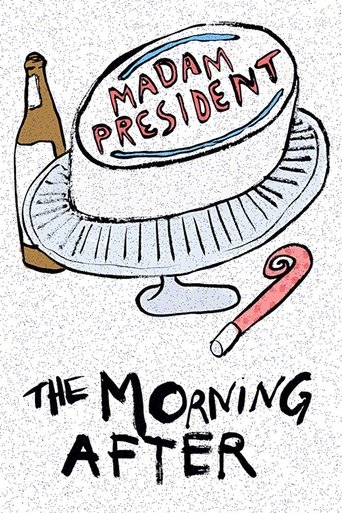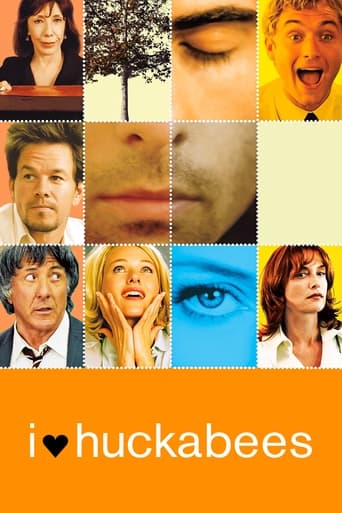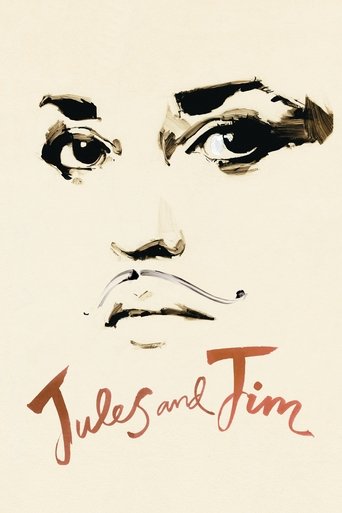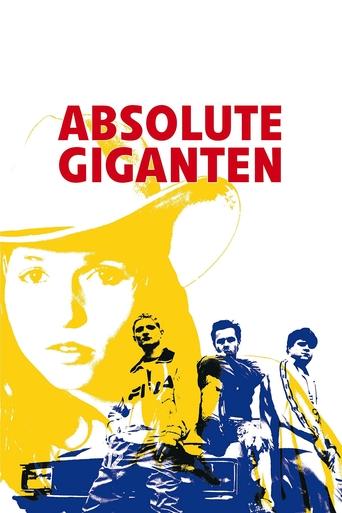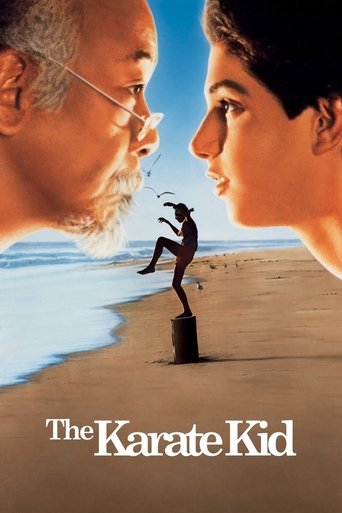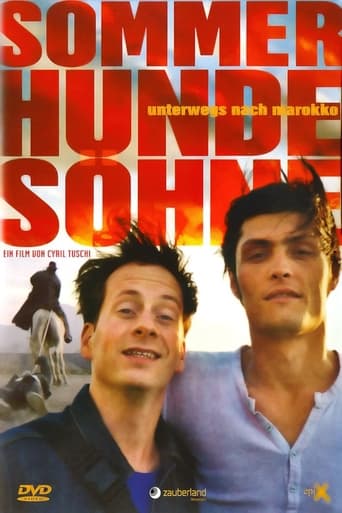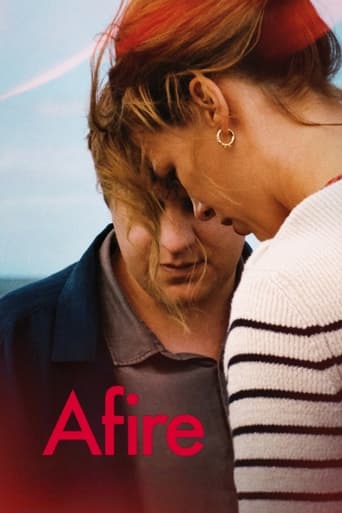
Afire (2023)
Self-important author Leon joins his best friend on a summer holiday near the Baltic Sea to complete his novel. When they arrive, they find their house is already occupied by a carefree woman who challenges Leon to open up. Meanwhile, forest wildfires rage around them and impending disaster looms.
- Christian Petzold
- Frederic Moriette
- Ires Jung
- Christian Petzold
Rating: 6.9/10 by 163 users
Alternative Title:
Die Glücklichen - DE
더 레드 스카이 - KR
The Lucky Ones - US
Wenn sie lieben - DE
When They Love - US
Полум’яне небо - UA
火灼的天空 - HK
آسمان سرخ - IR
Céu em Chamas - PT
Country:
Germany
Language:
Deutsch
Español
Runtime: 01 hour 43 minutes
Budget: $0
Revenue: $2,147,526
Plot Keyword: friendship, germany, photographer, bisexuality, climate change, northern germany, cottage, writer, summer, seaside, novelist, baltic sea, lgbt, character study, existentialism, publisher, forest fire, criticism, male egos, literatura
In a holiday home on the Baltic Sea not far from Ahrenshoop in hot, dry summer four young persons meet. There is a forest fire and slowly and unnoticeably they are enclosed by the walls of flame. Trapped they get closer, and then the desire, love and sex overtakes them.
Fire is a force that can destroy and devastate, but it’s also one thar can cleanse, sweeping away what’s of questionable value in order to clear space for robust, vigorous, valued new growth. And, sometimes, it can do both simultaneously, as demonstrated in writer-director Christian Petzold’s latest, a searing drama/wry comedy about four old/newfound friends who are unwittingly drawn together at a summer house near the Baltic seacoast. Their time together proves revelatory, stressful and enlightening, in part because of their interactions, the disclosures that come out of those relationships, and the looming threat of ravaging forest fires that threaten them and their existence, both literally and metaphorically. The film is a slowburn in every sense of the word, especially at the outset, with a somewhat cryptic narrative that seems rather meandering at times, but that sets the stage for what’s to follow in the back half. The picture subsequently presents a witty but profoundly insightful examination of what makes us who we are, how much we enjoy or endure our lives, and what we can do to make it better for ourselves when we eliminate what no longer serves us. In many respects, “Afire” is probably not what most viewers will expect, but, then, that’s a huge part of its appeal, a refreshing, engaging look at life and what we make of it, a valuable exercise given how abruptly it can all be taken away, leaving us to ask ourselves, what did we do with the time we had and was it indeed worth it in the end? Give this one time to unfold, and let it sink in. It may help you realize and understand more about yourself than you can possibly imagine.
"Leon" (Thomas Schubert) and his friend "Felix" (Langston Uibel) head to a remote rural cottage near the Baltic coast so the former man can put the finishing touches to his novel before a visit from his publisher (Matthias Brandt). They arrive, though, and discover that "Nadja" (Paula Beer) is already staying - and this upsets the apple cart a bit. "Leon" quickly becomes obsessed - and that only gets worse when her nocturnal activities with life guard "Devid" (Enno Trebs) and some wafer thin walls force him to sleep in the garden amongst the mosquitoes. What now ensues is quite an intricately constructed observational presentation that looks at the evolving dynamic between the four - and it doesn't pan out as you might expect, especially once it becomes clear that his latest literary work is nobody's idea of a magnum opus. The characterisations here have a fluidity to them that makes for quite an interesting watch. None of them could ever be described as beautiful - in any classical sense - so the story is much more about their traits, flaws and foibles than about their looks. That works up to a point, but there was too much missing from the puzzle for me to really find myself engaged with any of them. The last twenty minutes - set amidst some lethal forest fires - was rushed and seemed to me indicative that "Leon" wasn't the only one who'd suffered from a writer's block! The photography is effectively intimate at times but at other times we see just too many shots walking to and from the beach (and the constant buzzing of the mozzies got on my nerves a bit, too, after a while!). I did quite enjoy this, but somehow it just lacked substance before a conclusion that just seemed to be unnecessarily ghastly. Give it a go, though...



